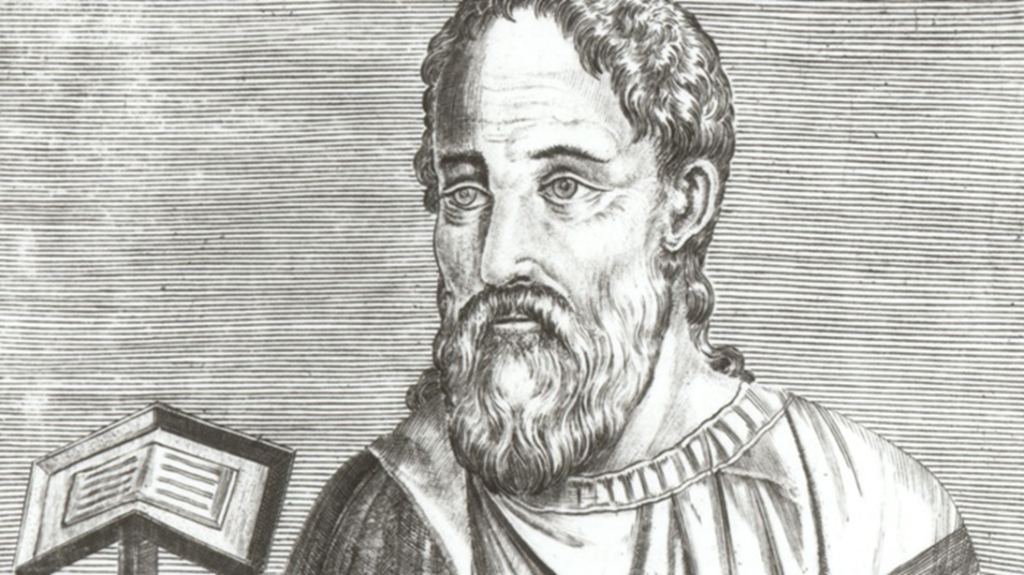The role of Eusebius, by Stephen White, 26th May 2018
February 15, 2022
Eusebius of Caesarea (263 AD – 339 AD) is commonly known as the “Father of Church History”. He lived during a time of great persecution under the Emperor Diocletian but survived to see Emperor Constantine give Christianity official recognition. He also lived within a few generations of the lives of the first Christian apostles and had access to early copies of their writings and those who they discipled. As Bishop of Caesarea he participated in the Council of Nicaea and mixed with fellow church leaders. Caesarea had a great library on which he was able to draw. From this experience, Eusebius was able to look back on the first 300 years of the Christian faith and document its growth, its heresies and its persecutions.

His major work is “Ecclesiastical History” (or Church History), which is our most important source on the development of Christianity from the completion of the New Testament through to the time of Emperor Constantine the Great (early 300s). So, he has done us a service in recording the foundations of the Church from an early perspective. He also wrote a glowing biography of Constantine, as though the Church had entered its millennial blessing. With such a reputation, he has of course come under attack. So, is his history reasonably accurate and can he be trusted?
Stephen’s talk can be viewed on You Tube.
